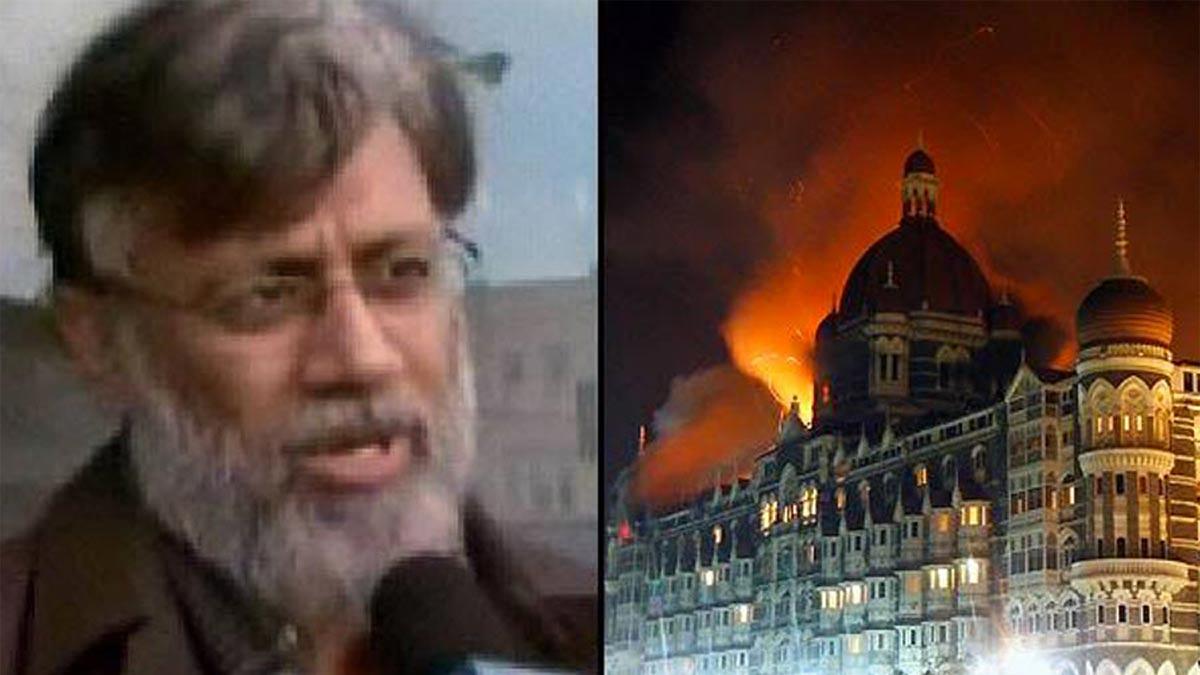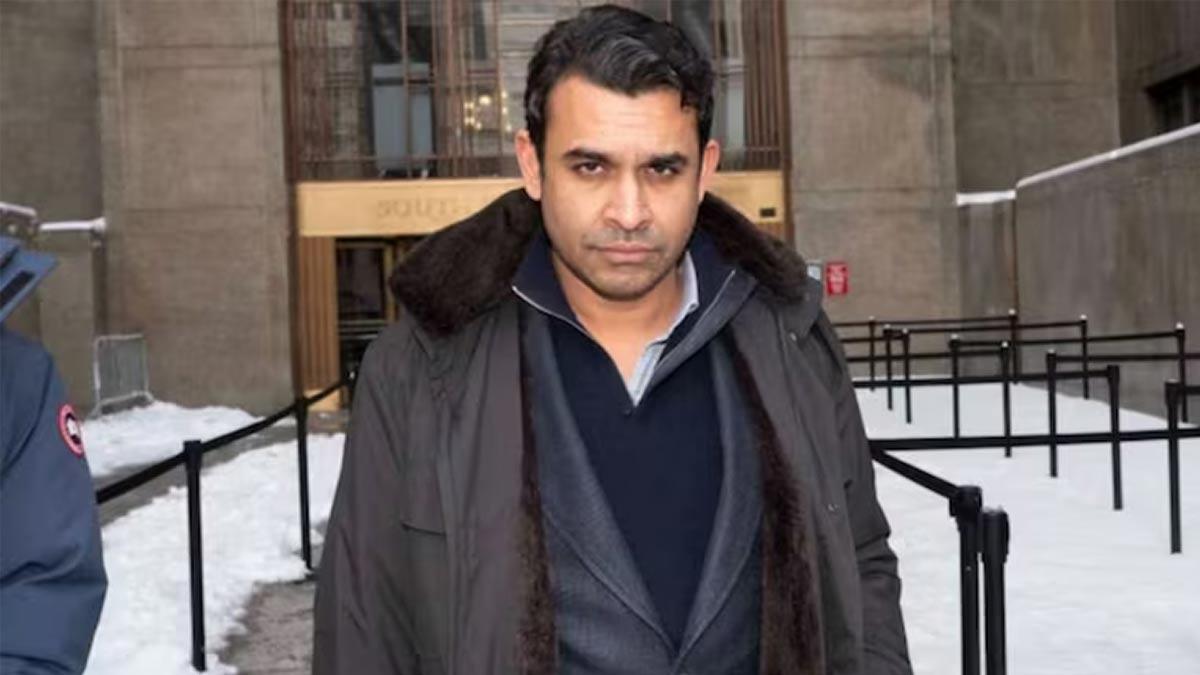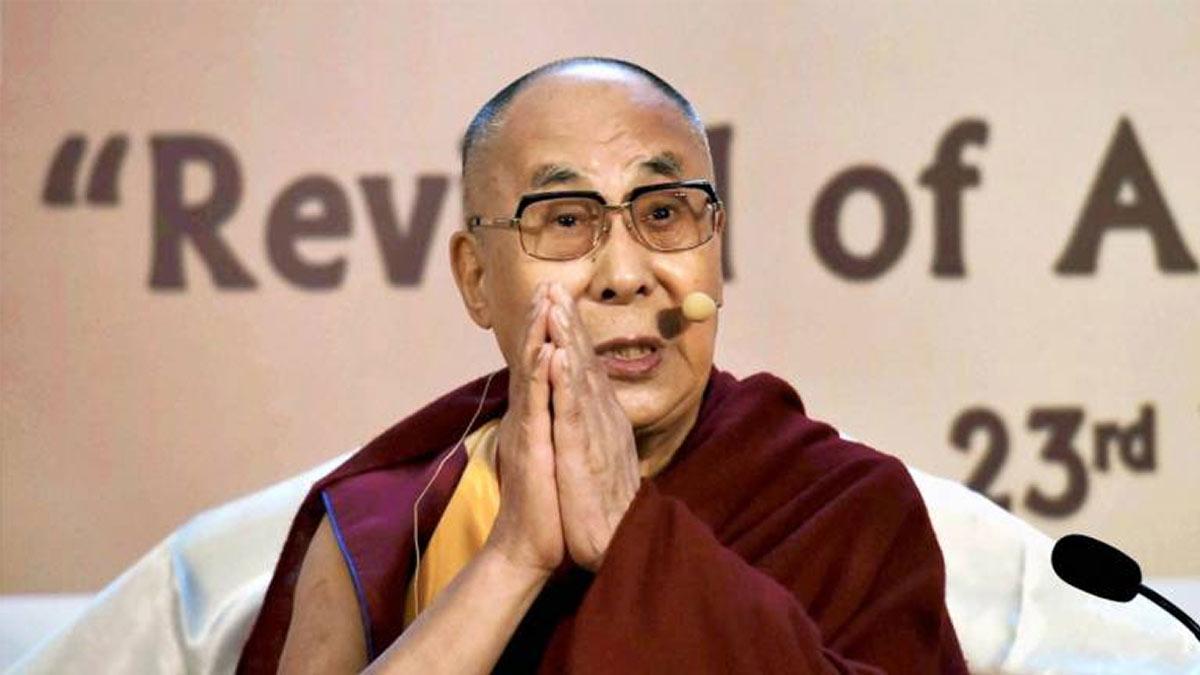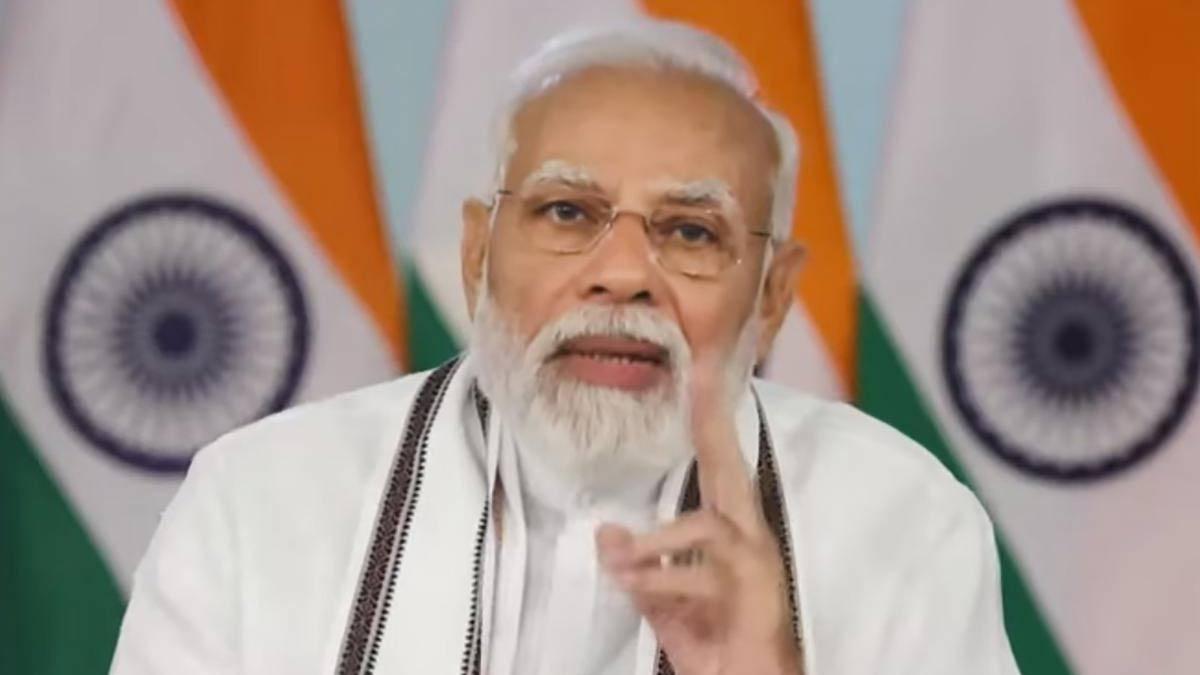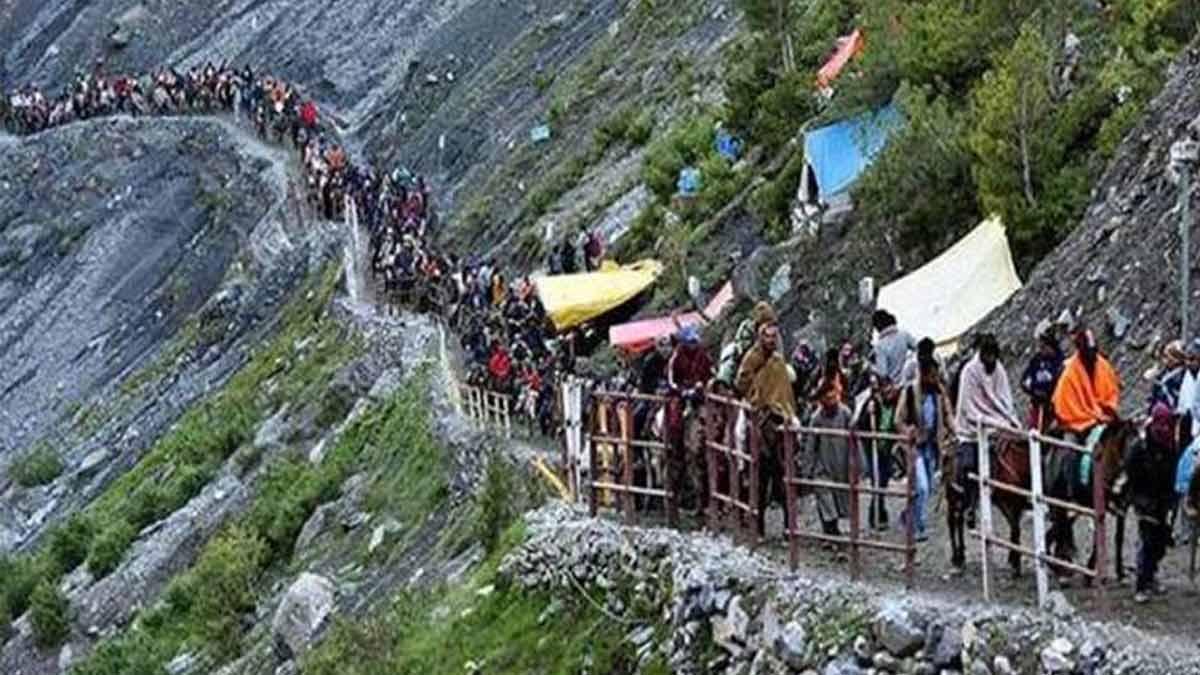The US has reaffirmed its strong support for India's quest for justice after the 2008 Mumbai terror attacks as Pakistani-Canadian citizen Tahawwur Hussain Rana was extradited to India to face trial for allegedly being part of the deadly attack.
On April 9, 2025, U.S. officials officially extradited the 64-year-old to India. "Rana was extradited to stand trial for his role in orchestrating the gruesome 2008 Mumbai terrorist attacks," U.S. State Department Spokesperson Tammy Bruce said at a briefing on April 11.
"The United States has long stood in favor of India's pursuit of making those who perpetrated these attacks accountable," Bruce stated, reflecting on the previous President Donald Trump's statement that the United States and India are still together in the war against global terrorism. "Rana is in Indian custody, and we are very proud of that dynamic," she continued.
Referring to the importance of the incident, Bruce said, "Some may not recall the scope of the attacks, which horrifically took 166 lives, six of whom were Americans. I urge you to look them up and appreciate how awful they were, and why today's news is so significant."
The spokesperson for the US Department of Justice (DOJ) in a statement to PTI called the extradition of Rana a "critical step towards seeking justice" for the victims. Rana is to face trial in India on 10 criminal charges under his involvement in the coordinated terror attacks carried out by Pakistan-based terror outfit LeT.
The DOJ stressed the significance of this action, particularly for the families of the six American victims, stating, "Rana's extradition is an important step toward holding him accountable and seeking justice for the six Americans and dozens of other victims who were murdered in the barbaric attacks."
Rana was brought back to India late Thursday by a multi-agency team led by the National Investigation Agency (NIA). The delegation had journeyed to the U.S. in order to make the necessary legal paperwork official, ending the process after the U.S. Supreme Court denied Rana's last attempt to prevent the extradition.
Earlier detained at the Metropolitan Detention Center in Los Angeles, Rana had submitted an 'Emergency Application For Stay Pending Litigation of Petition For Writ of Habeas Corpus' before U.S. Supreme Court Justice Elena Kagan on February 27. The request was rejected last month. He subsequently resubmitted the application, asking U.S. Chief Justice John Roberts to hear it. The application, though, was officially denied by the court on April 7 after consideration at its conference on April 4.
During his petition, Rana alleged that extradition would subject him to the risk of torture because of his Pakistani Muslim status and the offense against him. He further mentioned serious health problems, implying that imprisonment in Indian custody could amount to a death threat.
His lawyers presented medical records from July 2024, which contained a number of serious medical conditions, such as past heart attacks, Parkinson's disease with cognitive impairment, possible bladder cancer mass, stage 3 chronic kidney disease, chronic asthma, and COVID-19 infection complications.
Rana, a Pakistani-Canadian citizen, is infamous for his connection to David Coleman Headley, a Pakistani-American terrorist and one of the key conspirators in the 26/11 attacks. His return to India is a turning point in the continuing pursuit of justice almost 17 years after the attacks paralyzed Mumbai and left the world stunned.
Read also| 26/11 Mastermind Tahawwur Rana Extradited from US, Arrested by NIA in India

